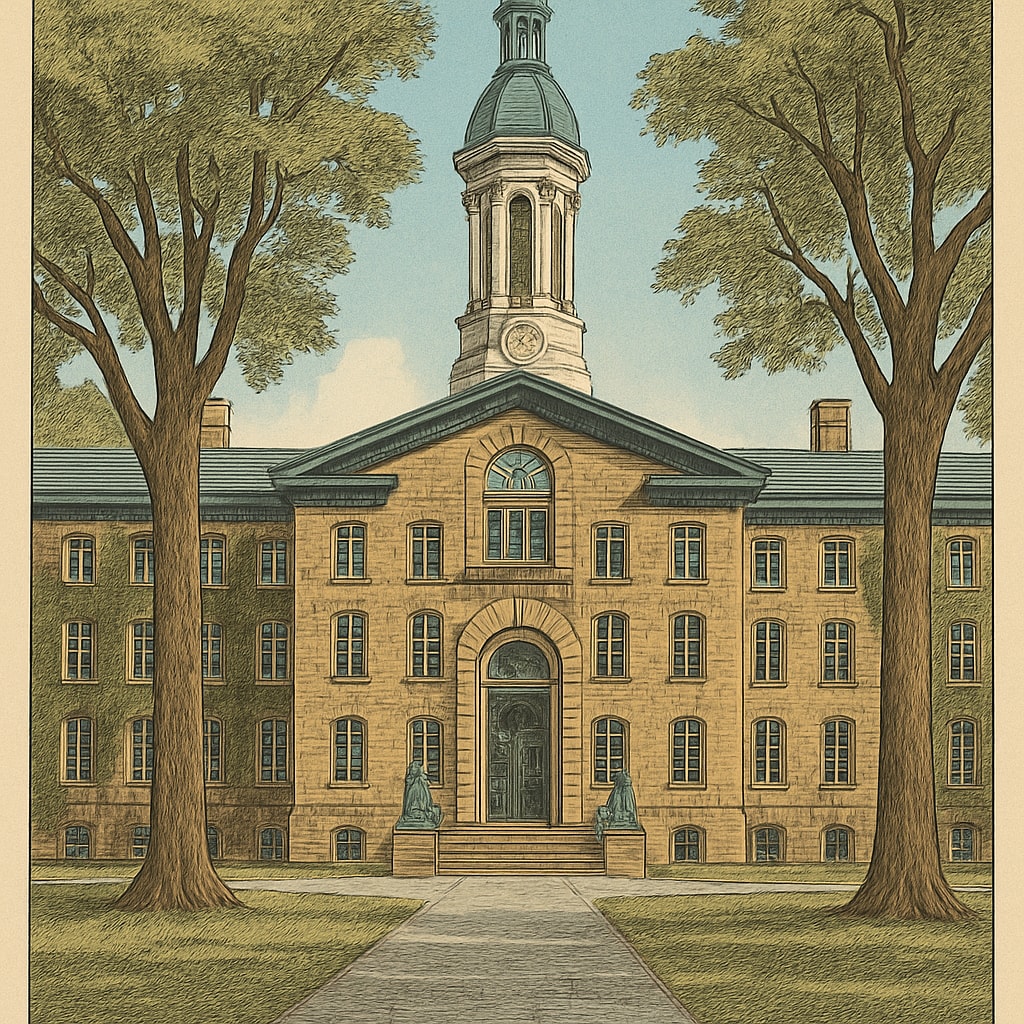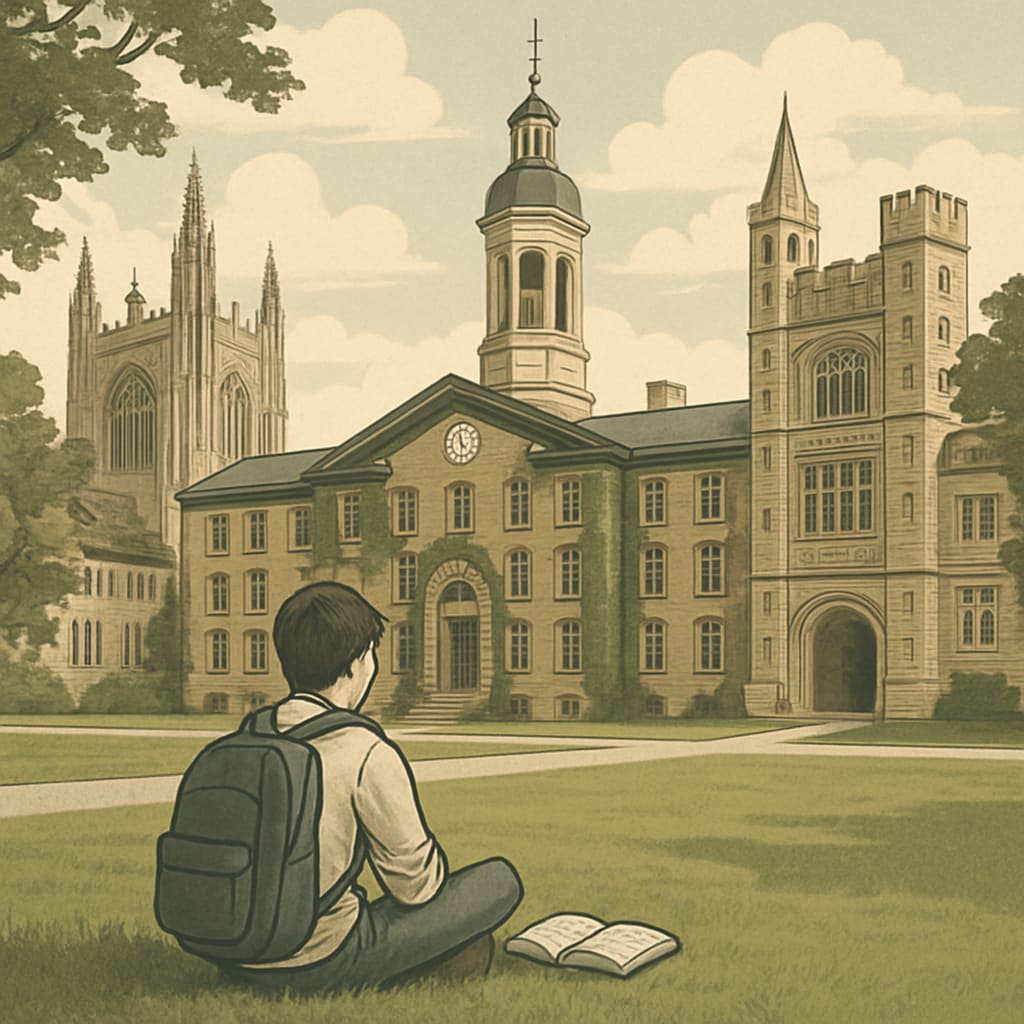The reputation of Princeton, along with other Ivy League schools, has long been considered the gold standard in higher education. However, is this reputation entirely deserved? Many argue that the prestige associated with these institutions, while undeniable, may overshadow the reality of their educational value. This article explores the gap between perception and reality, particularly in the context of Princeton, and calls for a deeper reflection on the values we instill in students during the K-12 years.
The Prestige of Princeton and the Ivy League
Princeton, along with its Ivy League counterparts, is synonymous with excellence, exclusivity, and success. These schools produce world leaders, Nobel laureates, and influential figures across industries. According to Wikipedia, Princeton is consistently ranked among the top universities worldwide, further cementing its reputation as an elite institution. However, this reputation often leads to an automatic assumption that their education is superior to that of non-Ivy League schools.
While Ivy League schools undeniably offer access to significant resources—renowned faculty, cutting-edge research opportunities, and extensive alumni networks—the question remains: does the educational experience match the hype? The reality for many students may not always align with the lofty expectations set by these institutions.

Is the Ivy League Overrated?
The concept of “overrated” is not about dismissing the Ivy League’s achievements but rather questioning whether its perceived value is proportional to its actual impact on students’ lives. For example, studies have shown that attending an Ivy League school does not guarantee higher job satisfaction or better long-term career outcomes compared to graduates of less prestigious universities. According to Britannica, Ivy League schools are primarily known for their rigorous admissions processes rather than a fundamentally superior educational experience.
Furthermore, the high costs associated with Ivy League schools—tuition, housing, and other expenses—often lead to significant student debt. This raises questions about whether the return on investment justifies the financial burden. Many argue that the emphasis on attending an Ivy League school perpetuates a cycle of elitism rather than fostering a more equitable approach to education.

Rethinking K-12 Education and Values
Much of the focus on Ivy League schools stems from societal pressure to achieve “success” as defined by external validation. This pressure often begins long before college, during the K-12 years. Students are encouraged to prioritize grades, test scores, and extracurricular achievements, often at the expense of creativity, critical thinking, and emotional well-being.
Instead of emphasizing the prestige of elite universities, educators and parents should focus on helping students discover their passions, develop resilience, and cultivate a lifelong love of learning. By shifting the narrative from “getting into the best school” to “becoming the best version of oneself,” we can create a more balanced and fulfilling approach to education.
Final Thoughts: The Myth and Reality of Princeton
Princeton and the Ivy League represent a pinnacle of academic achievement, but it is important to view these institutions through a balanced lens. While their resources and networks are unparalleled, they are not the sole pathway to success. Society’s fixation on Ivy League schools can overshadow the diverse opportunities available at other universities and institutions. By reevaluating our priorities and redefining what “success” means, we can ensure that education serves as a tool for personal growth, not just a ticket to prestige.
Ultimately, the value of an education lies not in the name of the institution but in the transformative experiences it provides. By fostering a culture that values growth over reputation, we can help students thrive in any environment, Ivy League or otherwise.
Readability guidance: This article uses concise paragraphs, clear transitions, and accessible language to ensure readability. The points are summarized in lists where appropriate, and external links add credibility to the discussion.


